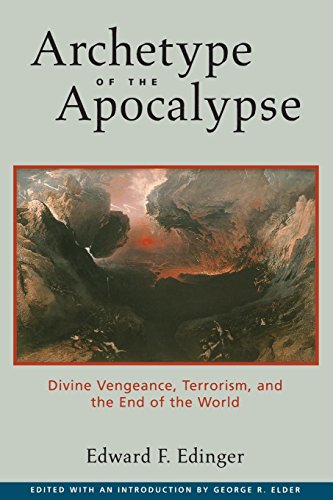
The collective belief in Armageddon has become more powerful and widespread in the wake of recent terrorist attacks. Edward Edinger looks at the chaos predicted by the Book of Revelation and relates it to current trends including global violence, AIDS, and apocalyptic cults.
Dr. Edward F. Edinger, M.D., was a leading Jungian psychoanalyst and a founding member of the C.